The poem that is speaking to me today is Wallace Stevens’ The Idea of Order at Key West. I say that, but the truth is, it is whispering – or perhaps as the poem describes, a woman is singing, except I can’t quite hear her over the sound of the waves. In fact, it is the sound of waves on a shore that I’m hearing first and foremost.
I have a memory of sitting under the full moon on the quiet beach at Nansidwell, with a handful of women friends, several years ago. The bulk of Rosemullin Head rises to the South and beyond, there are dots of light on the Lizard. To the East is the town of Falmouth, its line of hotels on one side of the peninsula, the docks on the other, throwing up just a little light pollution four or five miles away -‘the glassy lights,/ The lights in the fishing boats at anchor there’. There are ships in the bay and stars in the sky, the full moon is hanging heavy in mid-heaven draped in her scarves of cloud. So far, so visual, but what’s in my head today is the sound of the sea.
The waves slide up the beach, and break. They slip back with their cargo of weed and pebbles. They slide towards me again, and raise their heads in white expectation. Then something gives, gravity prevails, and they collapse into a fraction of their previous selves, come towards me with a sigh, then retreat. And again, and again, and again. And everywhere they are doing the same thing under the same moon. And it’s like breathing, or a heart beating, a rhythm of life. Sometimes, especially after a week of glorious sunny weather, Falmouth and the coast and creeks around it, seem like a paradise -perhaps echoes of the Florida that Wallace Stevens invokes in his writing.
For a week now, I’ve been in a state of indecision. A dear friend died in Cornwall ten days ago and his funeral is tomorrow. I’ve just made the long journey from there home to Canterbury just a week ago. There are pressing things to do and I’ll be going back again in a month’s time. And yet, he was a member of my tribe, someone I was always pleased to see, whom I loved and respected. But it’s so far. His widow understands, she’ll be visiting me here soon, we speak on the phone. But I picture the gathering and want to join with those saying farewell. But it’s too late now to get on the sleeper. But if I get up at 4am I could make it by car. But it wouldn’t be safe to drive there and back in a day. Like those waves, these thoughts come towards me – go, go, go. Like those same waves, they collapse and retreat – stay, stay, stay.
I learm from neuroscience that there’s no logic in decision-making. It seems all decisions are made emotionally, low-down in the brain, in the so-called limbic system, the non-verbal part of the brain that moderates desire (one of the themes of Wallace Stevens’ poetry). And then, being human, with our over-developed sense of consciousness and agency, we immediately conjure post-hoc reasons for what we have decided to do. There’s a school of thought that neuroscience has no more predictive power than phrenology did, but it’s a useful metaphor for how we justify ourselves, even on the simplest level.
An interesting article on decision-making, titled ‘Zen Freedom’ came my way from the excellent online magazine Aeon. In it, Tim Lott advocates a light attitude – echoing Robert Frost’s sense that ‘ages and ages hence’ it really won’t matter which of the roads we’ve taken, that the idea it will ‘make all the difference’ being ironic. We inevitably have to go this way or that, stay or leave, so why agonise? The self is in any case an illusion, a by-product of the amazing frontal cortex of our brain which insists on thinking it is in charge – ‘the single artificer of the world’ to quote Stevens. Tim Lott writes, ‘No one — no fate, or brute circumstance — is pushing you around because there is no one to be pushed around. Or to put it another way, you are both simultaneously the one who is doing the pushing and the one who is being pushed. To think of this process in another way, consider your breathing: are ‘you’ breathing, or is breathing happening to you?’
So I haven’t gone to Cornwall for Paul’s funeral, and now it’s too late. That wave has made its way from far across the Atlantic, broken and disappeared into a chaos of spume and sand. I’ll find some way to honour him tomorrow, light a candle, read his books, remember his kindnesses and enthusiasms, his vast knowledge of literature, raise a glass, treasure his humour and spirit.
6 Comments
Leave A Comment
You must be logged in to post a comment.



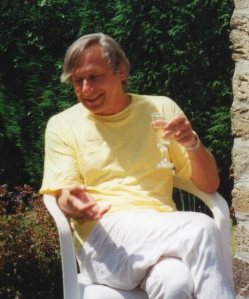
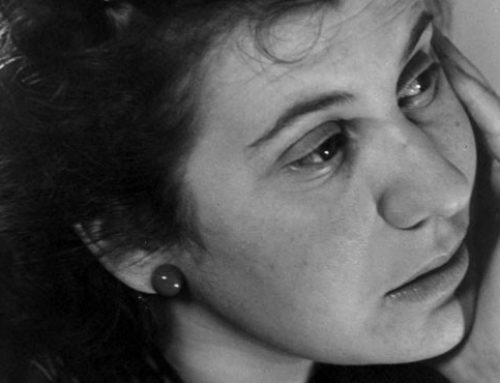
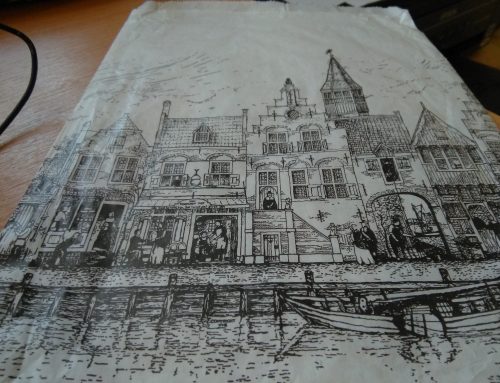
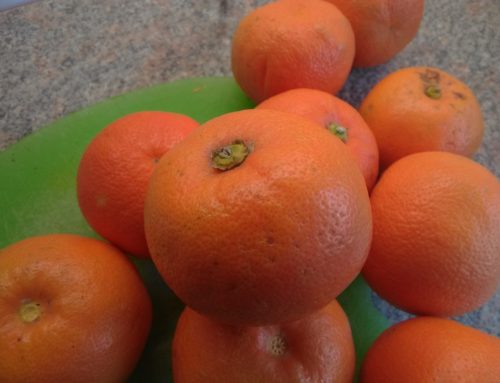
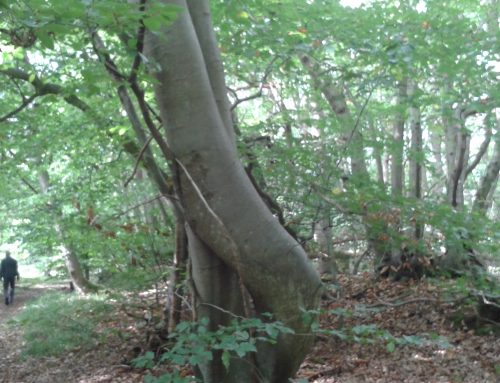
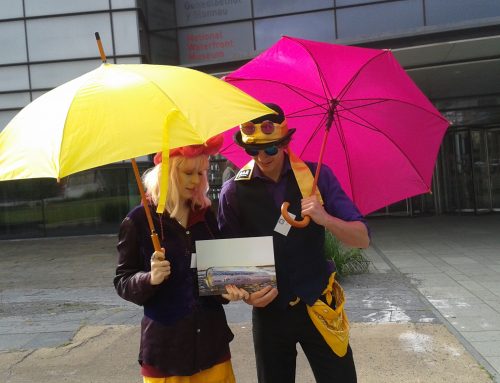
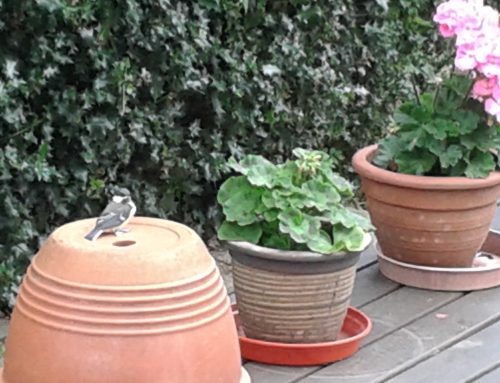


Lessons in Letting Go 1 ,2 ,3….
Indeed!
I know that Vicky has been running this blog since October last, wanted to read the whole lot and never got to it, so am as it were jumping into the water here. The poem by Stevens delighted me, and spoke to me at a profound level.
I lost my own wife just a year ago. She was a singer and a talker. I’ve imagined her listening to me when I speak to her, more recently have reenacted in my imagination conversations we had together, finding this an immense consolation at this time. It’s interesting that when I draw her attention to things in the present, something humorous things my imagination depicts her as nodding, smiling, but not speaking. But now that she’s begun to speak in my imagination, it’s a reiteration of things she said in life, which acquire a different halo of meaning now that she’s no longer alive. But singing, that didn’t occur to me! Yes, I can hear her singing in my mind this very minute. That’s what I’ve taken from the poem, and that is very precious.
I liked “she was the maker of the song she sang”. We know that singers interpret songs in unique ways, granting the words unique meaning, and that’s how I understand “she was the single artificer of the world”, and how it applies also to my wife, and how this can transform the world, “the sea became the self that was her song”, imposing a kind of order on things. Also how this mirrors the juncture of order and mystery in life, “fragrant portals, dimly-starred”, “ourselves and our origins, in ghostlier demarcations, keener sounds”. How my wife’s words and songs did that. I’ve previously found Stevens difficult to gasp, but this poem I can get into.
Abut Vicky’s comments about the loss of a member of her tribe, isn’t there a sense in which only what we decided to do, or not do, is relevant and other options are not, because they’re no longer options? In other words, what we decided was the right decision, even if it was a mistake, because we learn by experience. Perhaps “inner wisdom” controls decisions, and tht’s what neuroscience is saying,but in a different way.
Thanks, Vicky, for this delightful imaginative excursion this poem has brought me on. I’ll be back for more!
So lovely to see your personal and profound take on the poem Niall – and to think of Marie singing at the same time. It’s one of those poems that yields more the longer you live with it – although I say that about every poem I’ve posted so perhaps that’s just poems, or images, or life. Hope all’s well and let me know when you are back and thinking of Poetry Reach 2013.
Thanks for introducing me to this wonderful poem and for making Stevens comprehensible to me! Maybe I’ll understand some of his other poems better now. I can certainly identify with this one. I’m back a while and have recently posted details to date of our September convention. I’m not erudite in links any more than in Stevens but you are erudite in both, which is pretty, well, awesome,as they say! But I do have some new Australian poets’ work to offer for poetry therapy, and look forward to the pleasure of sharing these with you!
So looking forward to Ireland in September – safe travels and see you in Maynooth.